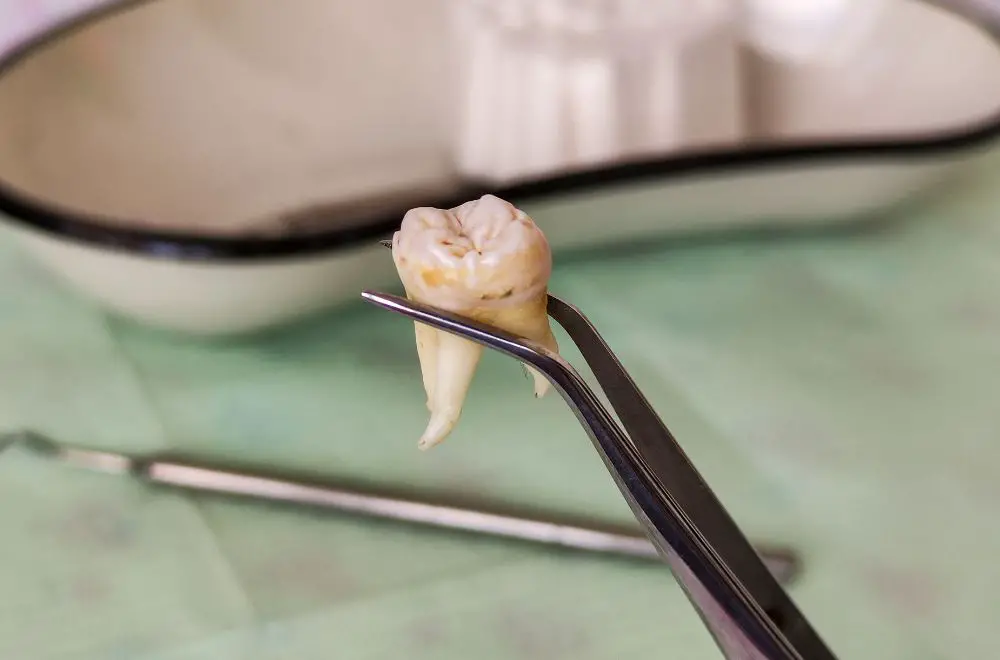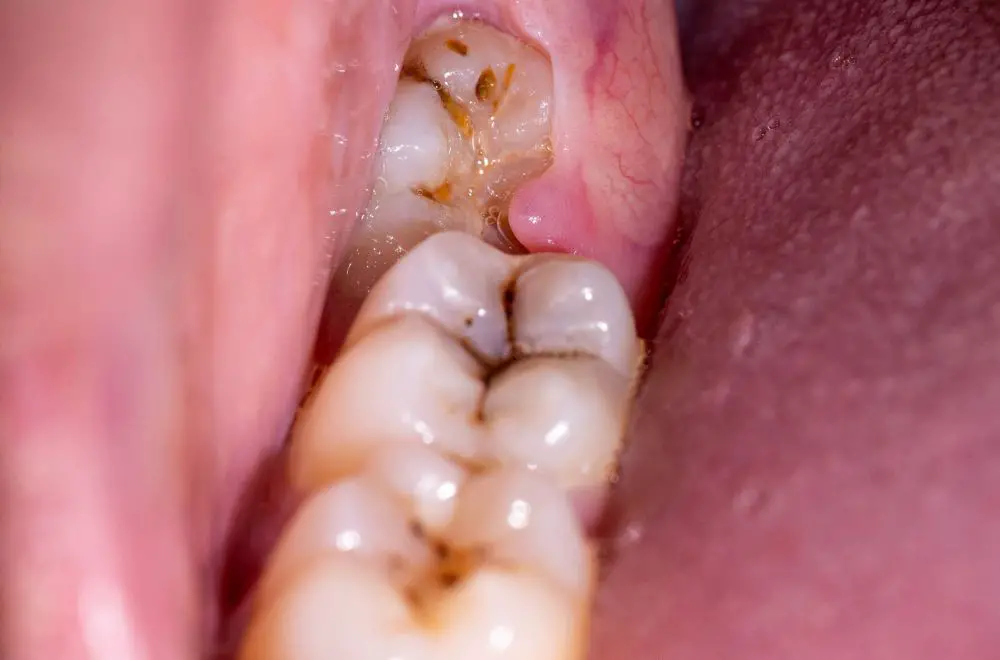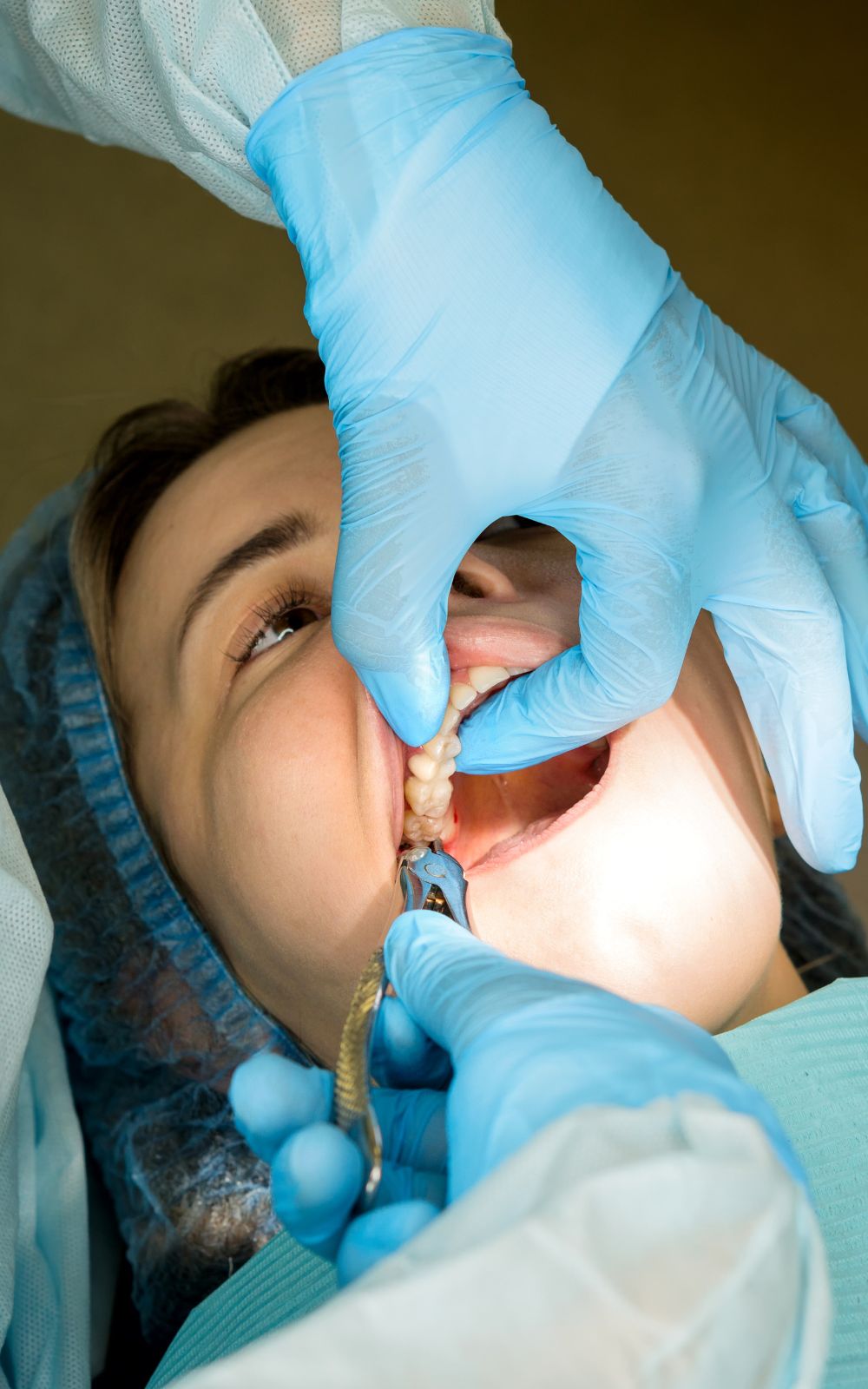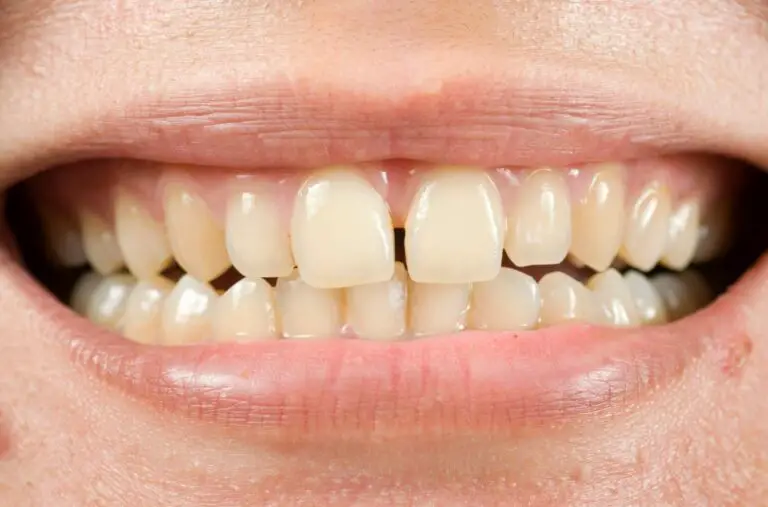Wisdom teeth, also known as third molars, are the last set of teeth to emerge in the mouth, typically appearing between the ages of 17 and 25. For years, dentists and oral surgeons have recommended the removal of these teeth as a precautionary measure, even if they are not causing any issues. However, new research suggests that wisdom teeth removal may not be necessary in all cases.
In the past, wisdom teeth were often extracted to prevent potential problems, such as crowding, infection, and decay. However, recent studies have shown that these issues may not be as common as previously thought. Additionally, the procedure itself carries some risks, including nerve damage, infection, and bleeding. As a result, many dental professionals are now advising against the routine removal of wisdom teeth.
Key Takeaways
- Wisdom teeth were traditionally removed as a precautionary measure, but new research suggests that this may not be necessary in all cases.
- The risks associated with wisdom teeth removal, including nerve damage and infection, are prompting many dental professionals to advise against the procedure.
- Before deciding to have your wisdom teeth removed, it is important to consider the potential risks and benefits, as well as your individual circumstances.
Why Wisdom Teeth Were Previously Removed

Historical Perspective
For many years, wisdom teeth removal was considered a routine dental procedure. The idea was that these teeth, which typically emerge in the late teens or early twenties, were unnecessary and often caused problems for the rest of the mouth. Dentists believed that removing them would prevent overcrowding and reduce the risk of infection.
In the past, wisdom teeth removal was often performed as a preventative measure, even if the teeth were not causing any immediate problems. This was because it was thought that the teeth would eventually cause issues down the line, and it was better to remove them before they became a problem.
Potential Risks
Despite the historical perspective, there are potential risks associated with removing wisdom teeth. Some of the risks include:
- Pain and swelling after the procedure
- Nerve damage that can cause numbness or tingling in the mouth, lips, or tongue
- Infection or bleeding
- Damage to nearby teeth or gums
Additionally, as mentioned in the search results, removing wisdom teeth can be more complex and carry more risks if the roots have fully developed and the bone is denser. This is why dentists often recommend removing wisdom teeth at a younger age when the roots and bone are not fully formed.
It’s important to note that not everyone needs to have their wisdom teeth removed. Some people’s wisdom teeth emerge without causing any issues, while others may only need to have one or two removed. Ultimately, the decision to remove wisdom teeth should be made on a case-by-case basis after consulting with a dentist or oral surgeon.
New Research on Wisdom Teeth

Recent Studies
Recent studies suggest that routine wisdom teeth removal may not be necessary in all cases. In fact, many dentists now recommend leaving wisdom teeth in place if they are not causing any problems. A 2015 study estimated that seven times more people are hospitalized for the removal of impacted wisdom teeth in Australia than in the UK. However, there are no studies that show a benefit to taking them out when they are not causing pain or other problems.
Changing Views
The changing views on wisdom teeth removal are due to a better understanding of the risks and benefits of the procedure. Wisdom teeth present unique challenges when it comes to their removal. The risks associated with them include injury to the blood vessels or nerves and the bleeding that may result. These are risks encountered during the tooth removal.
Many dentists believe it’s better to remove wisdom teeth at a younger age, before the roots and bone are fully formed, and when recovery is generally faster after surgery. However, if you wait for too long to remove your wisdom teeth, the procedure may be more complex and carry more risks.
In conclusion, the decision to remove wisdom teeth should be made on a case-by-case basis. It’s important to consult with your dentist or oral surgeon to determine if removal is necessary.
Why Experts Now Advise Against Removal

Natural Function of Wisdom Teeth
Wisdom teeth, also known as third molars, are the last teeth to emerge in the mouth. They typically appear between the ages of 17 and 25. These teeth have been a part of the human anatomy for thousands of years, and they serve a natural function in the mouth.
Wisdom teeth are designed to help humans chew and grind tough foods like meat, nuts, and roots. They are also believed to play a role in the development of the jawbone and facial structure.
Health Implications
While wisdom teeth serve a natural function, they can also cause health problems if they do not emerge properly. For example, wisdom teeth that grow at an angle can push against other teeth, causing pain and discomfort. They can also become impacted, meaning they do not fully emerge from the gums, which can lead to infection and other complications.
In the past, it was common for dentists to recommend the removal of wisdom teeth as a preventative measure. However, recent research has shown that this approach may not be necessary for everyone.
Experts now advise against the removal of wisdom teeth unless they are causing problems. Teeth that grow in an upright and functional position often do not need to be removed as long as they do not cause pain and are not associated with decay or gum disease.
It is important to note that even wisdom teeth that grow correctly can develop problems over time because they are so far back in the mouth and difficult to clean. Regular dental checkups and cleanings are essential for maintaining good oral health and catching any potential problems early on.
Overall, the decision to remove wisdom teeth should be made on a case-by-case basis, taking into account factors such as the individual’s age, overall health, and the position of the teeth. It is important to consult with a dentist or oral surgeon to determine the best course of action.
Considerations Before Wisdom Teeth Removal

Individual Differences
Before deciding to remove your wisdom teeth, it’s important to consider individual differences. Not everyone’s wisdom teeth will cause problems, and some people may never need them removed. Factors such as the shape and size of your mouth, the position of your wisdom teeth, and your overall oral health can all play a role in whether or not wisdom teeth removal is necessary.
Consultation with Dentist
It’s important to consult with your dentist before making a decision about wisdom teeth removal. Your dentist can evaluate your individual situation and provide recommendations based on your specific needs. They may recommend removal if your wisdom teeth are causing pain, infection, or other dental problems. However, if your wisdom teeth are not causing any issues, your dentist may recommend leaving them in place.
During your consultation, your dentist will also discuss the risks and benefits of wisdom teeth removal. While the procedure is generally safe, there are potential risks such as bleeding, infection, and nerve damage. Your dentist can help you weigh the risks and benefits to determine if wisdom teeth removal is the right choice for you.
Overall, it’s important to carefully consider individual differences and consult with your dentist before deciding to remove your wisdom teeth. By doing so, you can make an informed decision that is best for your oral health.
Frequently Asked Questions
What are the benefits of keeping your wisdom teeth?
Keeping your wisdom teeth may help to maintain the structure of your jaw and prevent shifting of your other teeth. Additionally, in some cases, wisdom teeth can aid in chewing and contribute to overall dental health.
Can you keep your wisdom teeth if they don’t hurt?
Yes, you can keep your wisdom teeth if they are not causing any problems and are not impacted. However, it is important to have regular dental check-ups to monitor their condition.
Why don’t dentists let you keep your wisdom teeth?
Dentists may recommend removing wisdom teeth if they are impacted, causing pain, or at risk of causing damage to other teeth. Additionally, wisdom teeth can be difficult to clean, increasing the risk of decay and gum disease.
What is problematic about wisdom tooth extraction?
Wisdom tooth extraction is a surgical procedure that carries risks such as infection, bleeding, and nerve damage. Recovery can also be uncomfortable and may require time off from work or school.
Do they break your jaw to remove wisdom teeth?
No, breaking the jaw is not a common practice for wisdom tooth extraction. The procedure typically involves making an incision in the gum tissue and removing the tooth or teeth with forceps.
Can you die from not getting your wisdom teeth out?
Although it is rare, complications from impacted wisdom teeth can potentially lead to serious infections and even death. It is important to consult with your dentist to determine the best course of action for your individual situation.






